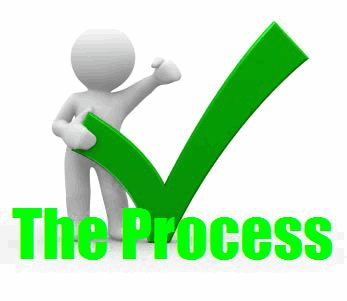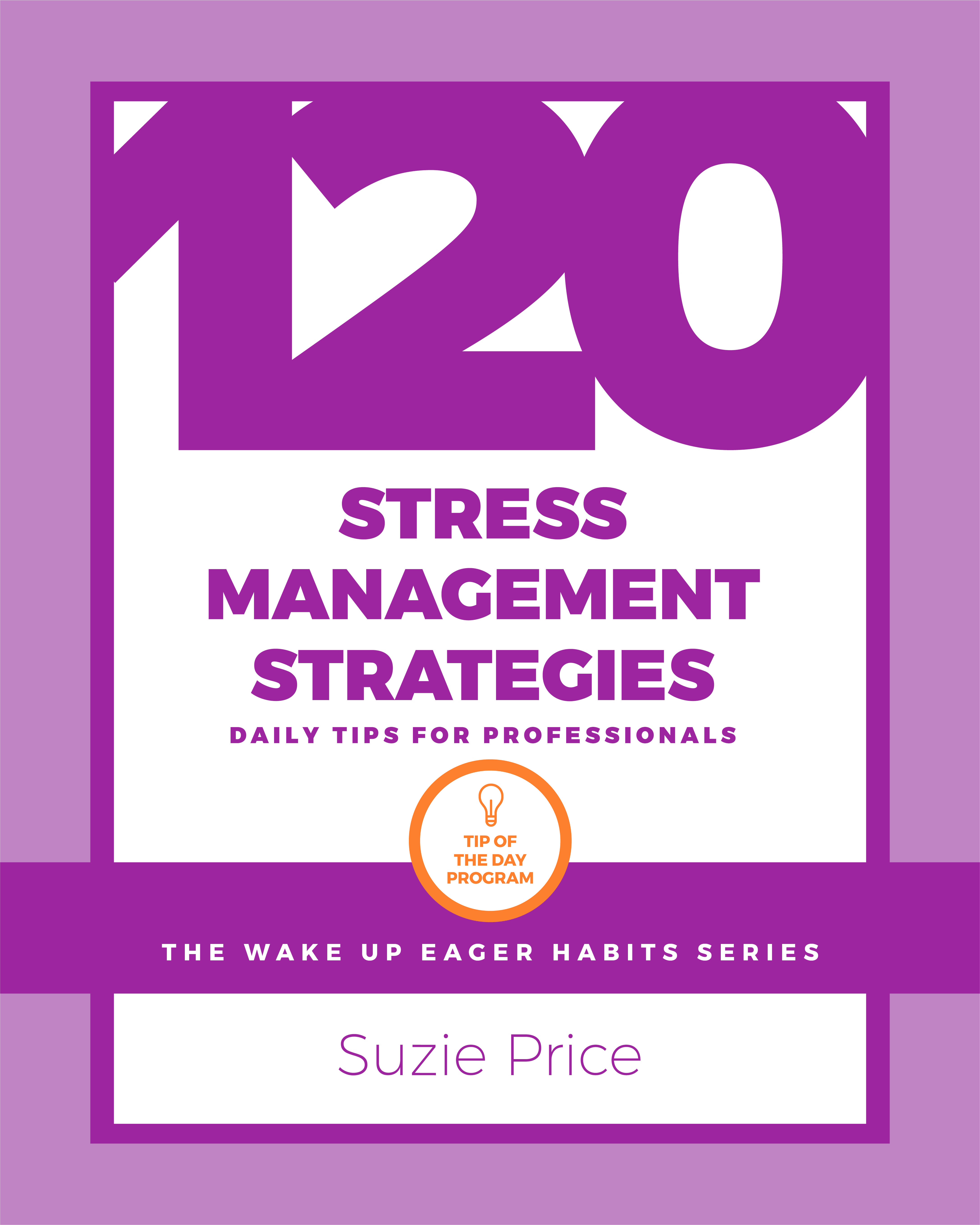The Know How You Need & the Tools to Get You There... Get Certified >

A Step-by-Step Employee Conflict Resolution Process for Leaders
I first used this employee conflict resolution process with two strong-willed, very-unhappy-with-each-other executives. I was nervous because they were so upset with each other, and there were big stakes for "getting through" the situation.
To my relief, this process worked. Whew... I've used it many times since, and I'm pleased to share it with you here.
Being able to communicate clearly, calmly and effectively when conflict, miscommunication and tension arises (and it will) is crucial to leadership success. Use this article, watch the video version here, for key communication skill builders and a step-by-step meeting process for resolving conflict with others and between team members.

"Conflict is inevitable, but combat is optional.”
Max Lucade
My True Employee Conflict Resolution Story: Here's What Was Happening...
Ben and Kevin were forced to work together when Ben was brought into the company as CEO and President. The Founder, Kevin was demoted from those roles and instructed to report to Ben. As if the situation was not bad enough, Ben and Kevin had completely different styles, backgrounds and values.
Ben the 'outsider' and new CEO, was crisp, professional and formal. He wore fine suits and a country club smile. He graduated from Harvard and Carnegie Mellon. Kevin, the demoted Founder, was the exact opposite. He dressed in jeans and blazers, and was proud of his West Georgia College degree and his his ability to navigate and win, in what he called, the 'real world of hard knocks.'
By the time I was brought in to help, Ben and Kevin were guarded and frustrated with each other. Their communication then turned into heated debates and arguments. In one meeting, they almost got into a fist fight! That's when they started ignoring each other.
When a potential investor agreed to add substantial money to the company that would help it grow one of his conditions was that Ben and Kevin find a way to work together. Ben and Kevin both agreed, for the good of the company, to try to resolve their disagreements and to try my employee conflict resolution process.
Employee Conflict Resolution IS Possible With Personal Accountability, Self Awareness and a Process...
First, they each had to take personal responsibility for their actions and attitudes. They
had to be ready to move from blame and finger-pointing to solution
finding. The steps I share in the Employee Resolution Process helps
create that change from blame to solution-discussions.
The second
focus area was to promote a better understanding of each person's
individual strengths and blind spots. I met with each person
individually and reviewed their TriMetrixHD Assessment results with them.
“To effectively communicate, we must realize that we are all different
in the way we perceive the world and use this understanding
as a guide to our communication with others.”
Anthony Robbins
The Employee Conflict Resolution Process...
Use this process to manage peer to peer conflict and for facilitating conflict between employees. Click here to download the Employee Conflict Resolution Process Handout.
DISCUSSION PRE-WORK:
Prior to your in-person discussion with the two employees, privately
have each person think about and write down their responses to these
statements:
- The three meetings and/or exchanges between us that have bothered me most are...
- Specific actions that I'd like (person's name) to continue doing...
- Specific actions I'd like (person's name) to stop doing...
- Specific actions I'd like (person's name) to start doing...
DISCUSSION GUIDELINES: Setting up and agreeing to a code of conduct or discussion guidelines ensures a more objective, less threatening exchange. (More on meeting guidelines, here.)
- Do not interrupt the other person.
- One person talks at a time.
- Listen closely, listen to understand, not to argue your point.
- Disagreement and different viewpoints are okay---we can agree to disagree.
- Everything does not have to be resolved today.
- Cell phones off and no interruptions allowed.
DISCUSSION PROCESS:
- As
you begin the in-person discussion each person will pick the #1
situation or meeting from the completed pre-work, to discuss first.
- There
are two roles for the people in conflict: 1) Talker and 2) Listener.
Each person will then take turns going through the steps below, one time
as a Talker and another time as a Listener.
- Each step is important, do not skip a step.
Step 1: The first TALKER Shares His View of the Problem
For example: Ben
shared the exchange between the two of them bothered him the most. He
shared why it bothered him and its impact. As he talked, Kevin's job was
to listen and ask questions, only for clarification.
Step 2: The LISTENER Restates the Talker's View of the Problem
For example: Kevin
restated what he thought he heard Ben say without adding
his own commentary and without trying to defend or explain. The
Listener's job is to simply summarize and reflect back the Talker's key
points.
Step 3: The TALKER then Confirms Accuracy of What the Listener Shared
For example: Ben confirmed the areas of Kevin's restatements that were correct and addressed anything Kevin might have missed.
Step 4: BOTH Confirm Understanding and Agree on the Facts
Step 5: BOTH Discuss Solutions
By
this time, most or all of the defensiveness about the situation has gone away, that's because steps 1, 2 & 3 ensure that
the TALKER's view is clearly understood. It does not mean they need to
agree - but because the TALKER' has been able to share his viewpoint, they
can NOW begin productively discussing possible solutions.Click here for Reducing Resistance By Listening Aggressively resources
Step 6: BOTH: Agree on Next Steps Schedule a Date to Review Progress. WARNING: Don't skip
this step. Scheduling a time for review will ensure that each person is
accountable to the agreements made, increasing the possibility that real
change in the relationship will take place.
Step 7: SWITCH ROLES: Go back to step 1, where the LISTENER becomes the TALKER, and vice versa.
Click here to download these steps:
Employee Conflict Resolution Process Handout.
“Whenever you're in conflict with someone, there is one factor that
can make the difference between damaging your relationship
and deepening it. That factor is attitude.”
William James
This is the End of Avoiding Employee Conflict Resolution - You Don't "Have to Live With" Troubled Relationships
I'm happy to report that Ben and Kevin were able to present a united front to their investors. Years later they both sold the company at a handsome profit. They even became friends!
I've used this process so many times. It works! Try it and you'll grow to trust it like I do.
Just follow the steps.
Contact me for a complimentary phone consultation if you want to talk through this and/or your particular situation.
“It has been my misfortune to be engaged in more battles than any other general on the other side of the Atlantic; but there was never a time during my command when I would not have chosen some settlement by reason rather than the sword.”
Ulysses S. Grant
LET'S TALK:
Contact us to schedule a Complimentary Consulting Call
or to ask questions about any of our Hiring,
Coaching, Training and Assessment services.





